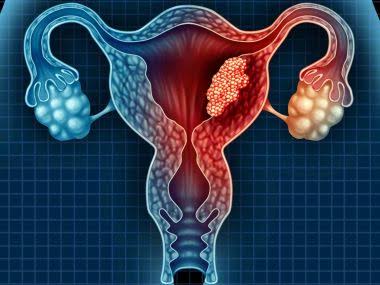Description:
- Gynecological disorders refer to medical conditions that specifically affect the female reproductive system. There are numerous gynecological disorders that women may experience. Here are some common examples:
- Menstrual Disorders: These include conditions such as irregular periods, heavy or prolonged menstrual bleeding (menorrhagia), absence of menstrual periods (amenorrhea), and painful menstrual periods (dysmenorrhea).
- Polycystic Ovary Syndrome (PCOS): PCOS is a hormonal disorder characterized by enlarged ovaries with small cysts. It can lead to irregular periods, fertility issues, excessive hair growth, acne, and weight gain.
- Endometriosis: This condition occurs when the tissue lining the uterus (endometrium) grows outside the uterus, commonly in the pelvic area. It can cause pelvic pain, painful periods, painful intercourse, and fertility problems.
- Uterine Fibroids: Fibroids are non-cancerous growths that develop in or around the uterus. They can lead to heavy menstrual bleeding, pelvic pain or pressure, frequent urination, and fertility issues.
- Pelvic Inflammatory Disease (PID): PID is an infection of the female reproductive organs, usually caused by sexually transmitted bacteria. It can cause pelvic pain, fever, abnormal vaginal discharge, and fertility problems if left untreated.
- Ovarian Cysts: Ovarian cysts are fluid-filled sacs that form on or inside the ovaries. Most cysts are benign and resolve on their own, but larger cysts or those causing symptoms may require medical intervention.
- Vulvovaginal Infections: These include yeast infections, bacterial vaginosis, and sexually transmitted infections (STIs) such as chlamydia, gonorrhea, or trichomoniasis. They can cause itching, abnormal discharge, and discomfort.
Causes:
- null
Symptoms:
- null


